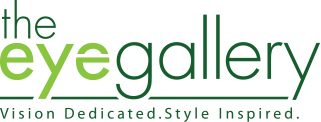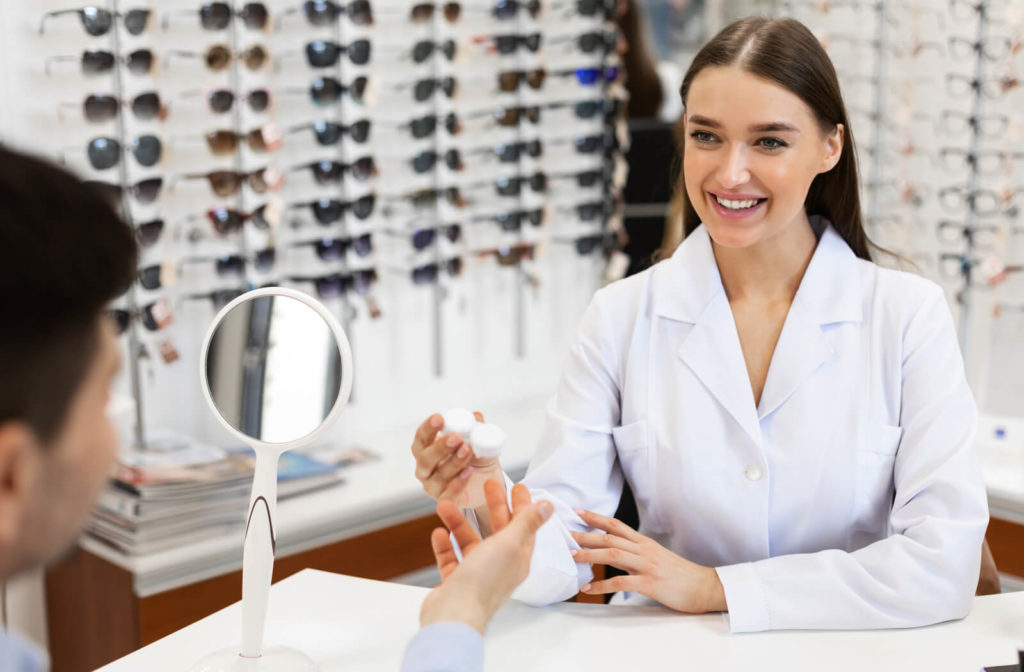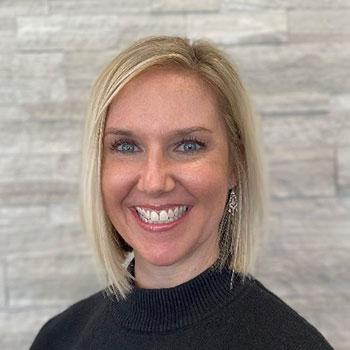Whether you’ve been wearing glasses for a while or just got your prescription, there’s a good chance you may have considered wearing contact lenses to help correct your vision.
However, contacts aren’t just a replacement for eyeglasses; there are many variables to consider before our team can recommend them as a suitable lens option. To help ensure contacts are right for your needs and lifestyle, we’ll first need to perform a comprehensive contact lens exam and fitting.
But what can you expect from this process? And what will our team look at to help determine which type of contacts are best for you? Let’s take a look at what you can expect from your contact lens exam and fitting so you can come into your appointment with everything you need to help our team find the right lens option for you.
If you’re ready to see how contacts could help support your vision, book an appointment with The Eye Gallery today! We can’t wait to help you see the difference clear vision can make.
Why Make The Switch?
There are a few reasons why you may consider wearing contact lenses over eyeglasses (we’ve even weighed the pros and cons of each during our 6 Tips When Switching From Glasses To Contact Lenses blog). We can break many of these reasons into 2 groups: versatility and specialty eye concerns.
Versatility
Depending on your lifestyle, contact lenses may be a very versatile option for correcting your vision. For example:
- You don’t have to worry about matching your outfit to your eyewear.
- You can enjoy more events without needing to bring your eyeglasses.
- You can play sports without having to sacrifice your vision quality.
- You don’t have to worry about your lenses fogging or getting dirty.
Specialty Eye Concerns
While we still love our incredible selection of eyeglasses, contact lenses could help address certain eye problems that traditional lenses might not. Specialty contact lenses could help address concerns like:
What Happens During a Contact Lens Exam
Now that we’ve looked at why you may want to consider contact lenses, let’s look at what you can expect from the contact lens exam and fitting process. The first step, though, is an eye exam.
Eye exams for contacts are similar to our routine eye exam process, but we orient certain processes to look for potential issues that could affect your candidacy for these lenses. Here’s what you can expect from your contact lens exam:
Talking About How Contacts Could Help You
During the first part of your eye exam, we’ll have a quick discussion with you to talk about your eye health history, your current lens prescription (if you have one), and any questions or concerns you may have about your eyes or vision.
We’ll also spend some time talking about your lifestyle and what goals you may want to achieve with contact lenses. This conversation will help us orient the exam to your needs and determine which type of contact lens may be right for you.
We may not recommend contacts if you:
- Live in a dusty, dirty environment
- Experience frequent eye infections
- Have severe allergic reactions
Assessing Your Eye Health & Vision Quality
The next step is to assess your vision quality and eye health. Even though many people are candidates for contact lenses, certain problems could affect what type of lenses you wear or if you can wear contact lenses at all, like:
- Severe dry eyes
- High refractive errors
- Corneal concerns like keratitis
We’ll use a number of different technologies to gain a clear understanding of your eye health. Even if you’re a candidate for contact lenses, we may uncover other issues that could affect your eye health in the long run. We recommend having at least 1 eye exam every 2 years if you don’t have a high risk of eye diseases or conditions.
What Is a Contact Lens Fitting?
Once we complete the eye exam, we can start the fitting process.
Because all eyes are different in some way, the fitting process helps ensure the lenses we prescribe fit comfortably and provide the crisp, clear vision you need to enjoy your life. During the fitting process, we’ll:
Measure Your Eye’s Shape & Size
After we look at your eye health and vision quality, our next step is to measure your eye’s shape and size. During this part of the process, we’ll measure:
- Your cornea
- Your iris
- Your pupil
Each of these measurements is crucial to determining what size your contacts should be, but they can also help us uncover other concerns that may affect what type of lens you need. For example, measuring your cornea could help us detect keratoconus, an issue that causes your cornea to thin and bulge outward. If you have keratoconus, we may recommend wearing scleral contact lenses.
Have You Try On Your Lenses
Once we measure your eye’s shape and size, we’ll provide you with a trial pair of lenses. The trial lenses will help us determine how well you adjust to your lenses and if you need any changes to your prescription to help you achieve clear, comfortable vision.
We may recommend wearing your trial lenses for about a week or so. After the trial period, we’ll have you come in for a follow-up appointment so we can go over your experience and address any concerns.
Teach You How to Care for Your Lenses
Proper contact lens care is crucial for ensuring they fit comfortably and don’t cause issues like eye infections. We’ll provide detailed instructions on how to use, clean, and store your contacts during your fitting process.
Some instructions will include:
- Washing your hands before putting in your contacts.
- Only using your contact lens solution to clean your lenses.
- Refilling your contact lens case with new solution every time you store them.
- Replacing your lenses based on their prescription (daily and extended wear).
Experience Vision Without Borders Today
There are so many ways contact lenses can help support your vision, and we can’t wait to show you how they’ll change the way you enjoy your sight!
The first step, though, is having a contact lens exam and fitting. If you’re ready to see what contact lenses could offer you, book your appointment at The Eye Gallery today!




